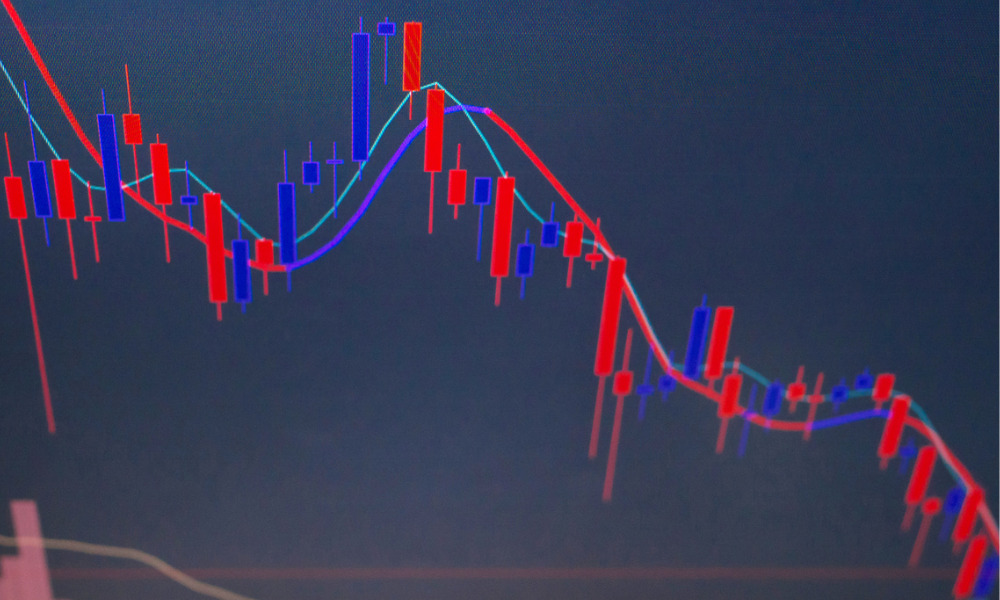Economic uncertainty has led to many would-be sellers re-evaluating their plans, says Royal LePage

The pandemic-era robustness observed in Canada’s recreational real estate segment has moderated amid mounting borrowing costs coupled with reduced demand, according to an analysis by Royal LePage.
“Almost all Canadian homeowners have seen the value of their properties appreciate handsomely over time,” said Phil Soper, president and CEO of Royal LePage.
Over the course of 2022, the aggregate price of a single-family home in the recreational market grew by 11.7% to reach $619,900 at the end of the year. During the same period, aggregate prices of single-family waterfront and condominium properties surged by 9.5% and 16.6%, respectively.
However, the spectre of economic uncertainty has led to many would-be sellers re-evaluating their plans, even in the high-end housing market.
“Fewer sellers mean fewer listings, which adds further pressure to our chronic shortage of inventory,” Soper said.
“While interest rate hikes have less of an impact on the recreational market than homes in urban settings, because families typically put more money down and borrow less, general consumer inflation combined with a severe lack of inventory has dampened sales activity,” he added.
The Bank of Canada said that while most Canadian #homeowners appear to be coping with the impact of higher #interestrates, “pockets of strain” are emerging, particularly among those who purchased during the COVID-19 pandemic.https://t.co/HzAhBj3HsQ#breakingnews #interestrates
— Canadian Mortgage Professional Magazine (@CMPmagazine) May 18, 2023
Significant slowdown in the cards for recreational market this year
Royal LePage is anticipating the national aggregate price in the recreational market to drop by 4.5% in 2023, mainly due to would-be buyers opting to wait for more inventory and better economic stability.
“Buyers who are active in today’s market appear willing to wait for the right property – a sharp contrast to what we experienced during the pandemic,” Soper said.
Alberta is the only provincial recreational market likely to register an increase in prices (up by 0.5%) this year. On the other hand, Quebec and Ontario are expected to see the largest recreational property price decreases in 2023, with annual declines of 8% and 5%, respectively.



